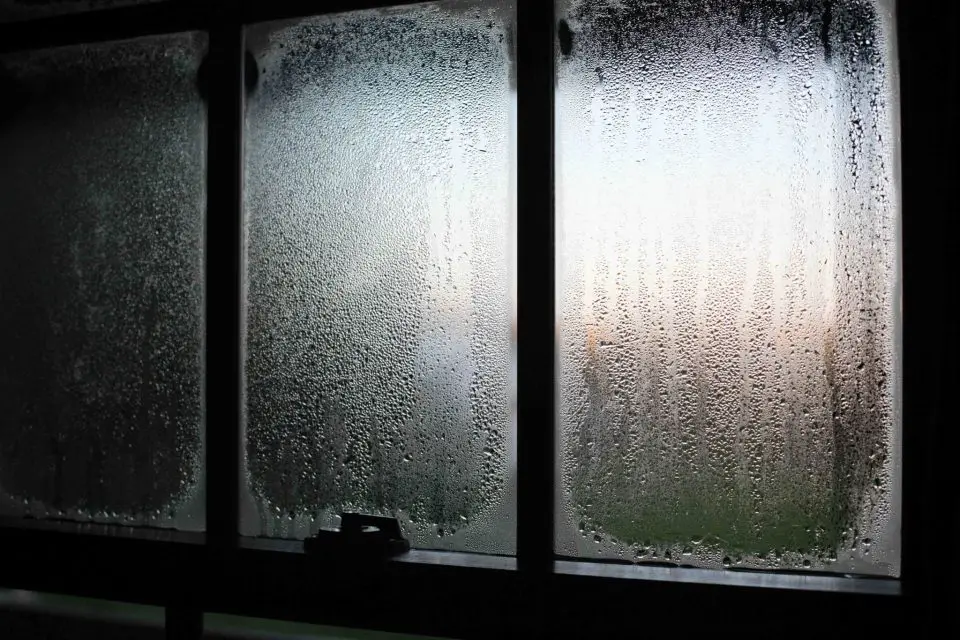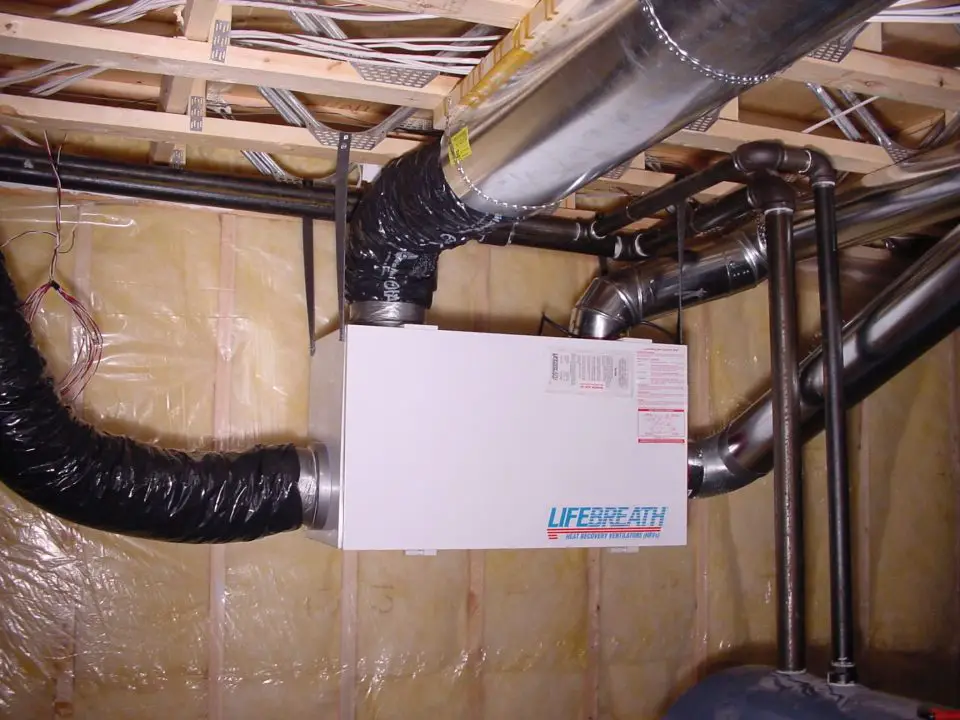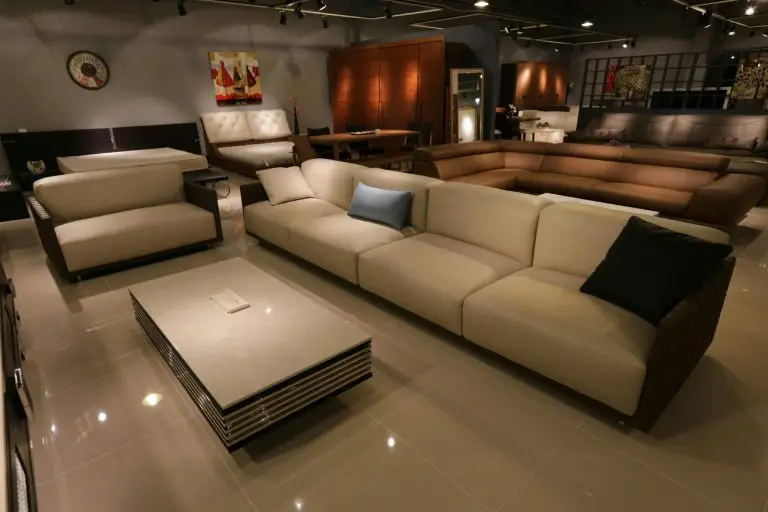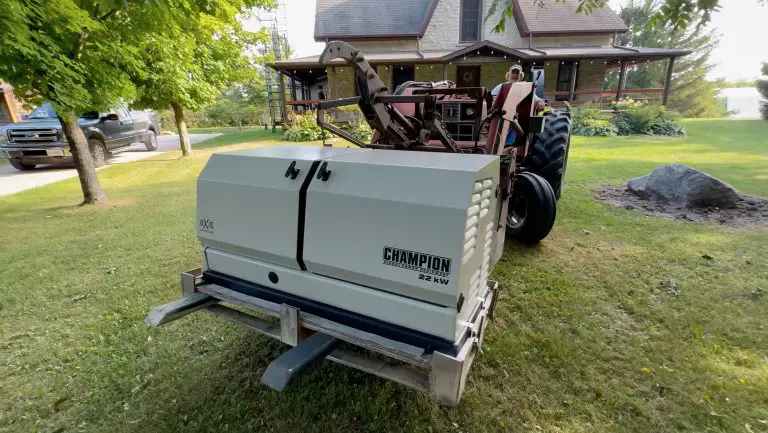
- Video watch time = 8 1/2 minutes
Question: Why isn’t my heat recovery ventilator (HRV) working? We’ve had the unit installed since our home was new five years ago, but windows still get wet with condensation each winter when it gets cold.
Answer: Heat recovery ventilators offer a powerful way to eliminate damaging levels of window condensation during cold weather, while also improving indoor air quality better than anything else can. When I decided to install an HRV in the house I built for my family 30+ years ago, it eliminated very wet windows just 12 hours after switching it on. The only time we have wet windows now is when we don’t run the HRV at a high enough speed, especially as autumn nights get colder. HRV technology works very well, and while there are a few possible causes behind your trouble, most are easily fixed. That’s an HRV I installed in a friend’s house below.

Too Much Humidifier?
If you have a furnace, it’s possible that it has a humidifier that’s pumping too much moisture into the air while the HRV is doing its best to remove moisture. Depending on window design and insulation values of the glass panes themselves, it’s often necessary to set interior humidity levels dryer than ideal for comfort during winter, in order to eliminate window condensation or reduce it to acceptable levels. It’s also possible that the balancing flaps, fan speed or controls of your HRV aren’t set properly.
To operate effectively, every HRV needs to move a balance of air into and out of your home. Though not likely, another possible cause is faulty HRV selection or installation. If the unit doesn’t move enough air for the size of your home, or it was connected improperly when it went in, poor performance could result. If wet windows persist after turning your furnace humidifier off (if you have one) and running the unit 24/7 for a while, have a heating and ventilation specialist inspect your HRV for proper installation and set-up. I’ve never seen any situation where a properly operating HRV didn’t eliminate excess window condensation. Some people run them too little, and others don’t know that HRVs need to be switched ON.
For those who don’t know about HRVs and the benefits they offer, watch the video below. HRVs are made by many companies and there’s no better way to improve the quality of the air in your house during winter.












